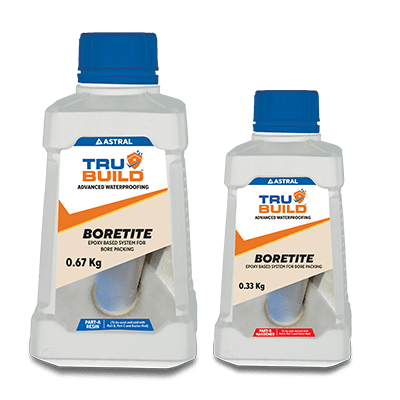What is Tile Grout and Its Importance?
May 30, 2025
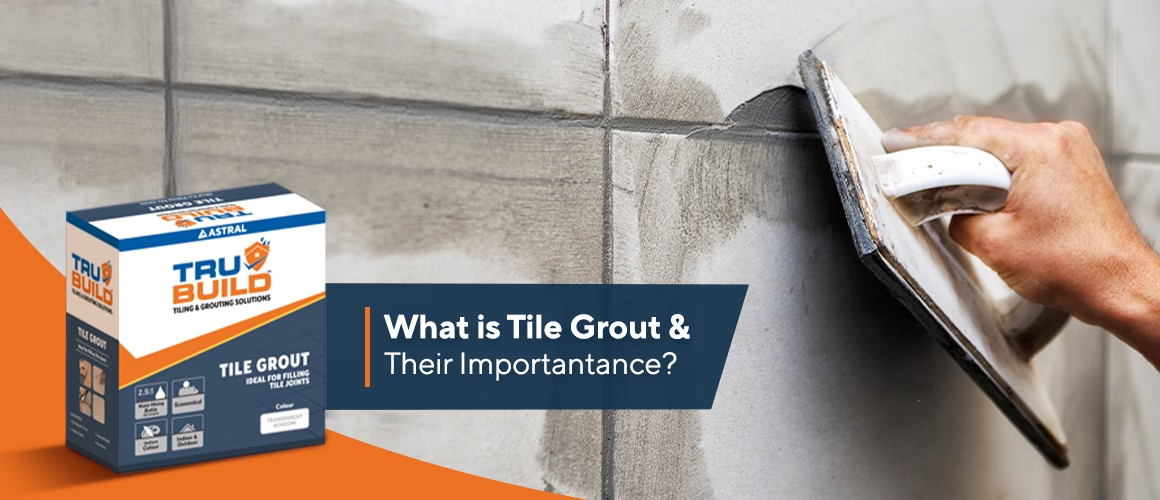
In building construction and interior design, tiles are commonly used to enhance the look of walls and floors. They bring style, texture, and character to a space. While tiles often get the spotlight, it’s the grout between them that ensures the installation is both durable and polished. It holds the tiles together, prevents water from seeping in, and gives the surface a clean finish. With modern formulations, grout has become stronger, easier to apply, and more resistant to stains and cracks.
Whether you are tiling a bathroom, kitchen, or outdoor area, using the right grout ensures your tiles stay firmly in place and continue to look good for years. Let us understand what tile grouting is, why it is used and how to choose the right type for your needs.
What is Tile Grout?
Tile grout is a dense fluid mixture used to fill gaps between tiles during installation. Made primarily from cement, sand, and water, modern tile grout often contains polymers and additives to enhance performance. Once applied and cured, grout hardens to form joints that give tile installations a finished look and create a protective barrier. Tile and grout work together as a system. Tiles provide the surface, while grout secures them and prevents water infiltration.
What is The Purpose Of Grout?
Tile grouting serves multiple essential functions. Structurally, it creates stability by preventing tiles from shifting or cracking. From a protective standpoint, grout provides waterproofing for tile installations, preventing moisture damage to the substrate. This is especially important in wet areas like bathrooms and kitchens.
Additionally, grout maintains the aesthetic by defining tile patterns and enhancing the overall design. The colour and width of tile grouting can greatly affect how a tiled surface looks. A well-matched tile and grout combination results in a clean and professional finish.
Common Types of Grout
-
Cementitious Grout
Traditional cement-based grout is the most common option. Made from Portland cement, sand, and water, it is available in sanded varieties for wider joints and unsanded for narrow joints. While affordable, it requires regular sealing to maintain waterproofing for tile.
-
Epoxy Grout
Epoxy grout consists of epoxy resins and hardeners. This premium option is highly stain-resistant, durable, and does not require sealing. It offers excellent waterproofing but is more expensive and challenging to apply during the tile grouting process.
-
Tile Grout
Tile grout often refers to pre-mixed, ready-to-use products that eliminate on-site mixing. These convenient options typically contain performance-enhancing additives and offer consistent colour and texture for professional-looking tile grouting results.
-
Polymer Cement Grout
Polymer cement grout combines cement with acrylic or latex polymers. This hybrid option offers better flexibility and stain resistance than the standard tile grouting process.
Choosing the Right Grout for Your Project
Selecting appropriate tile grout depends on location, tile type, joint width, and budget. For bathrooms and kitchens, choose options with excellent waterproofing for tile protection. High-traffic areas, like hallways or busy kitchens, need stronger grout that can handle more wear and tear.
Trubuild Tile Grout offers an excellent solution as a polymeric cement-based product that creates non-shrink, waterproof tile joints. It is versatile enough for ceramics, mosaic, natural stones, and marbles. It is easy to use, requiring only simple on-site mixing with water, and performs reliably in both indoor and outdoor settings.
Why Choosing the Right Tile Grout Matters?
Tile grouting provides structural integrity, moisture protection, and aesthetic appeal to tiled surfaces. Understanding different types ensures your installation remains beautiful and functional. Whether you need waterproofing for tile in bathrooms or stain resistance for kitchen backsplashes, choosing the right combination is important. The right tile and grout combination will provide long-lasting durability and a clean, finished surface that stands the test of time.


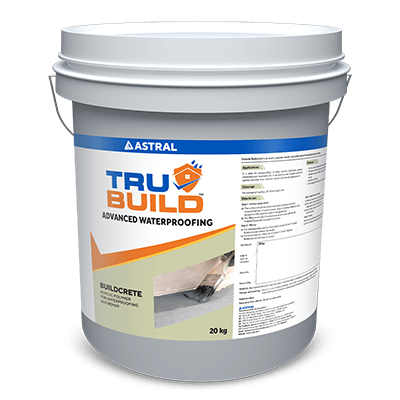
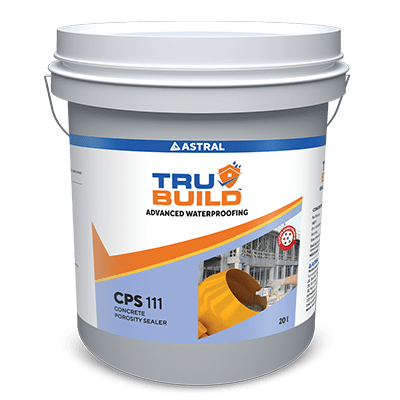
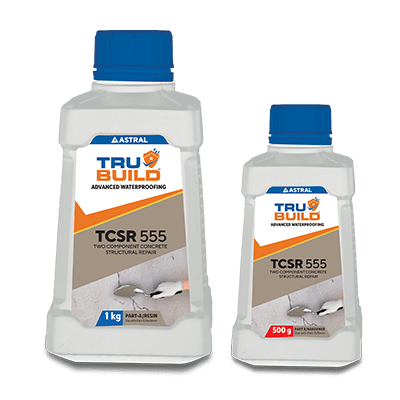
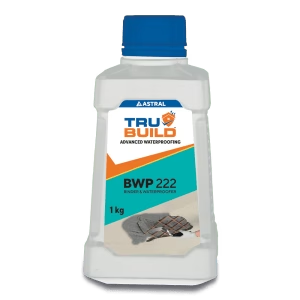
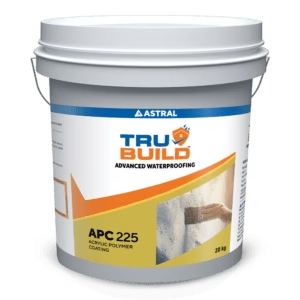
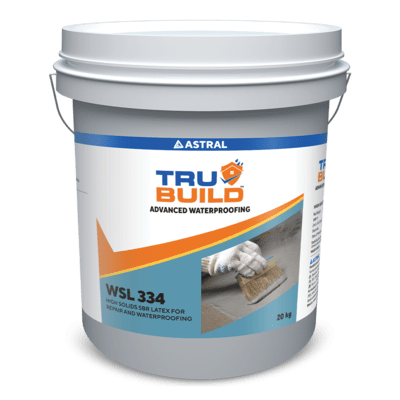
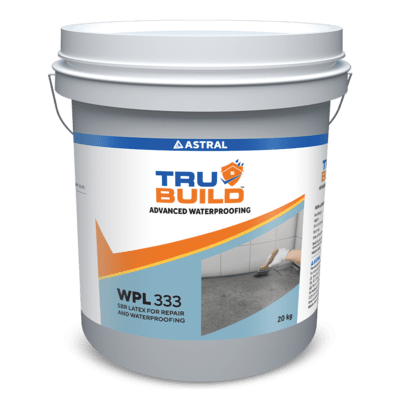
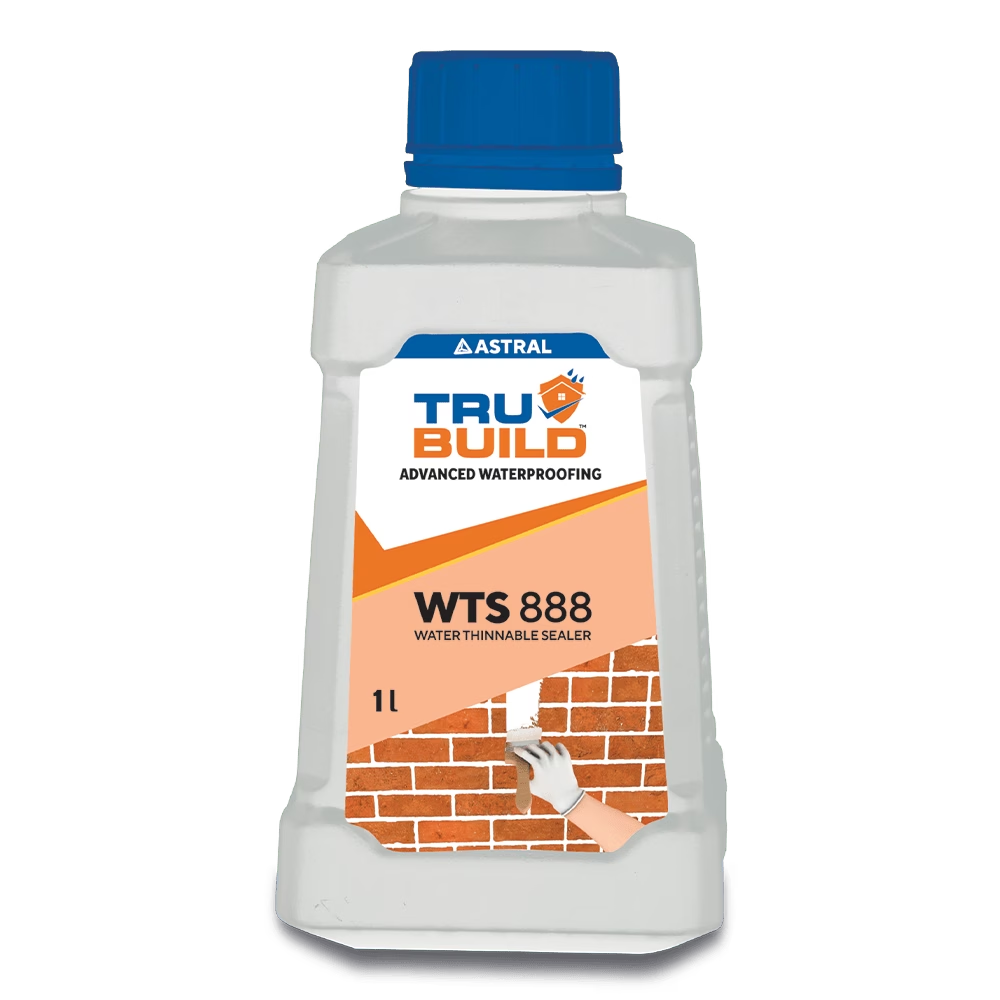
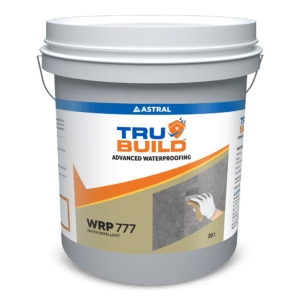
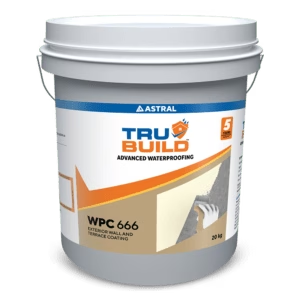
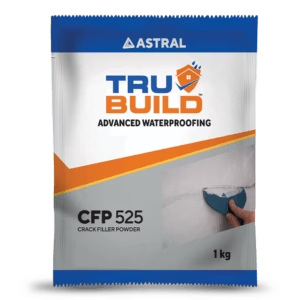
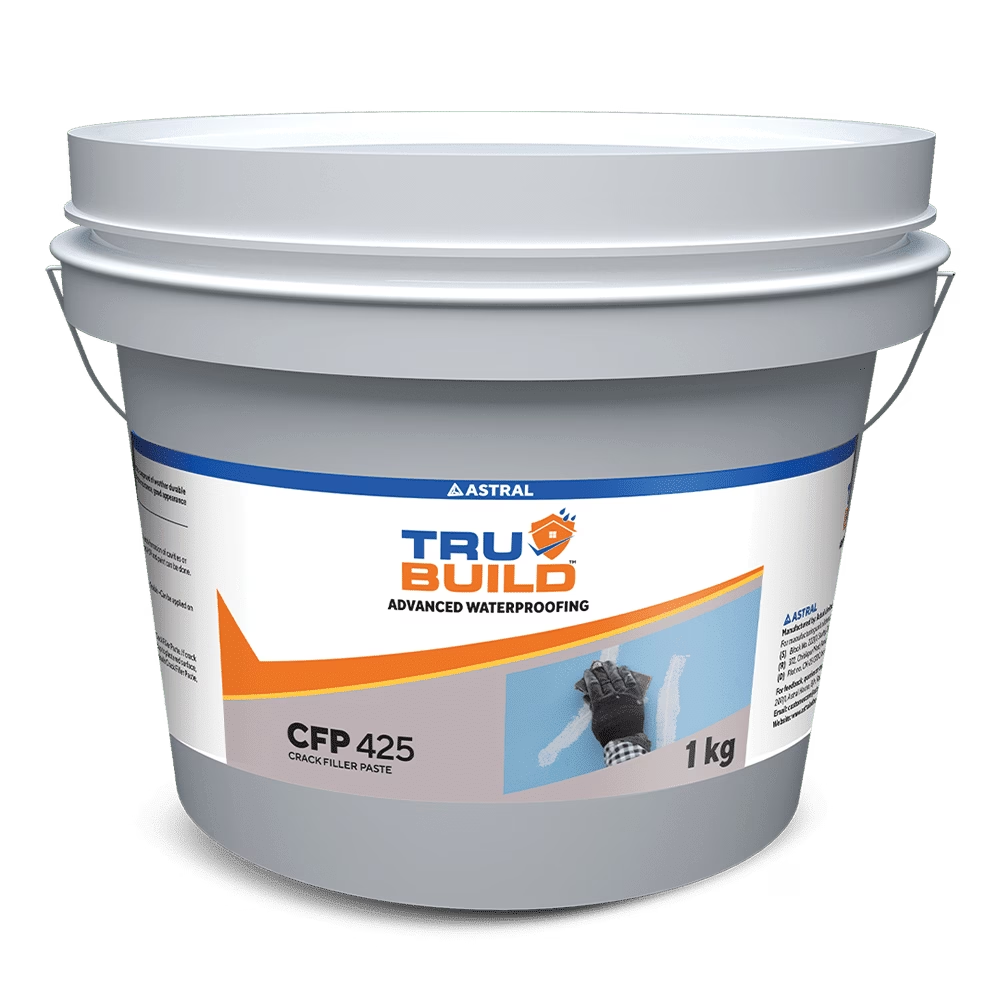
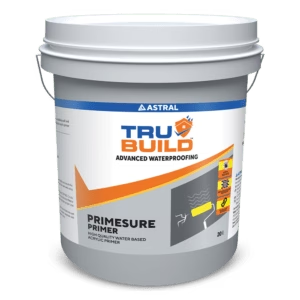
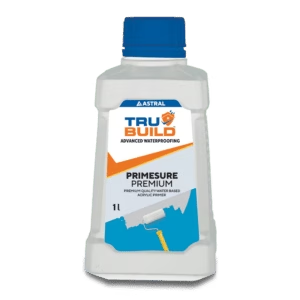
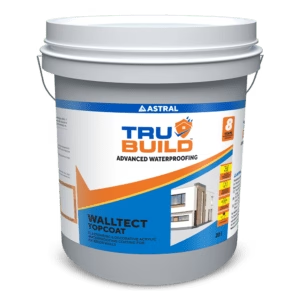
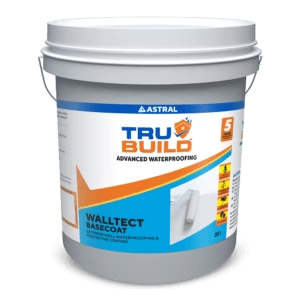
 Professional Sealants
Professional Sealants 
 Roof Waterproofing
Roof Waterproofing 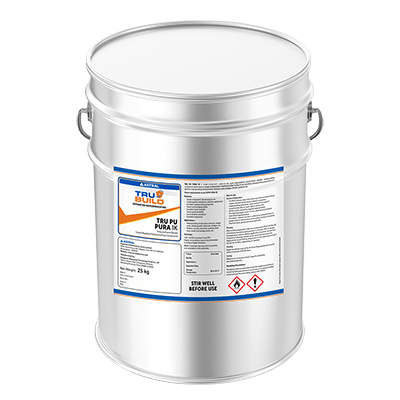
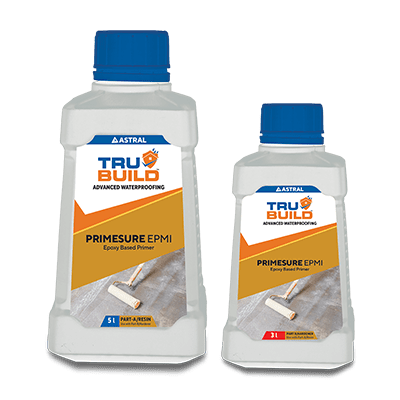
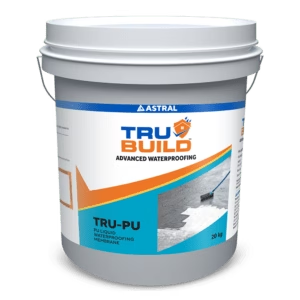




 Substructure Waterproofing
Substructure Waterproofing  Tiling and Grouting
Tiling and Grouting 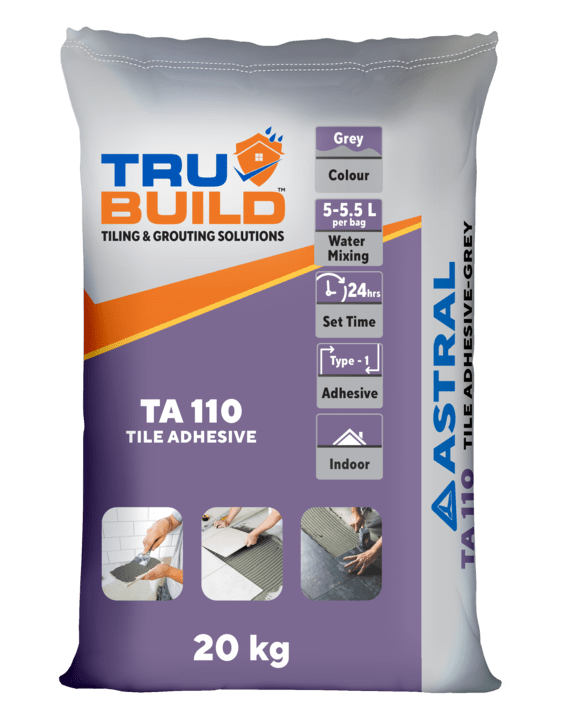
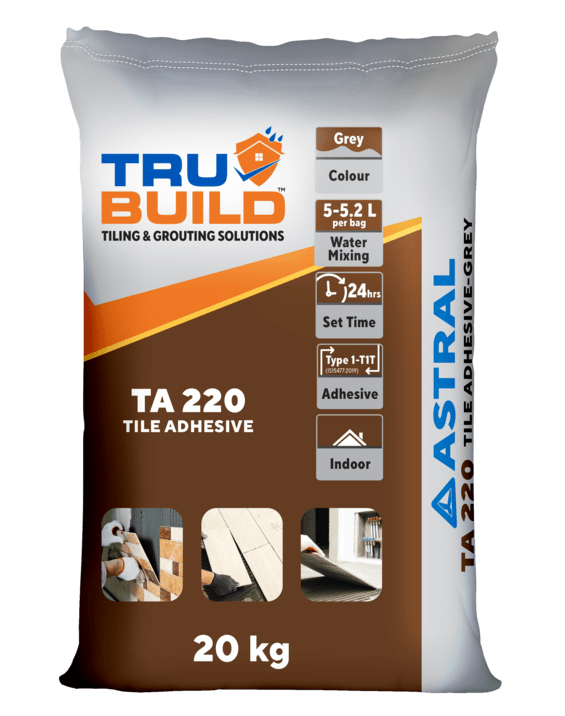
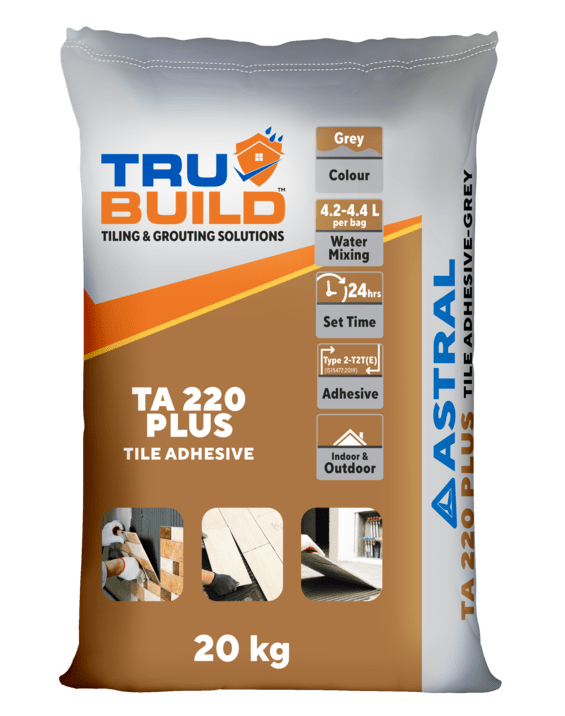
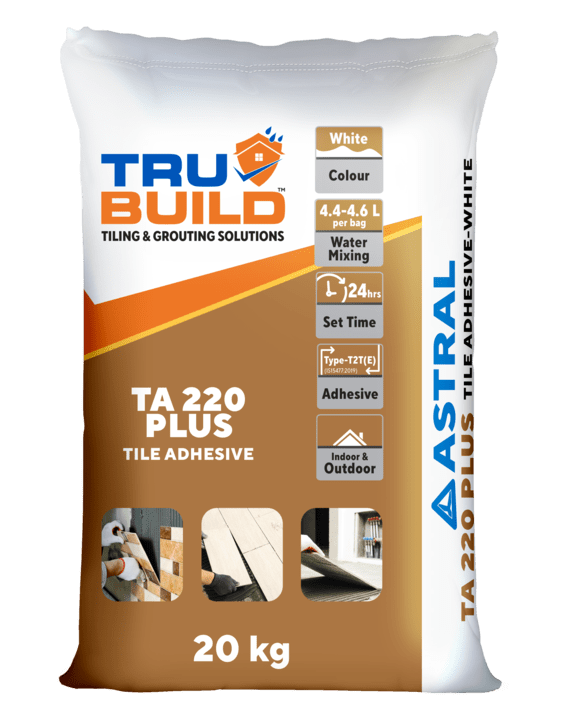
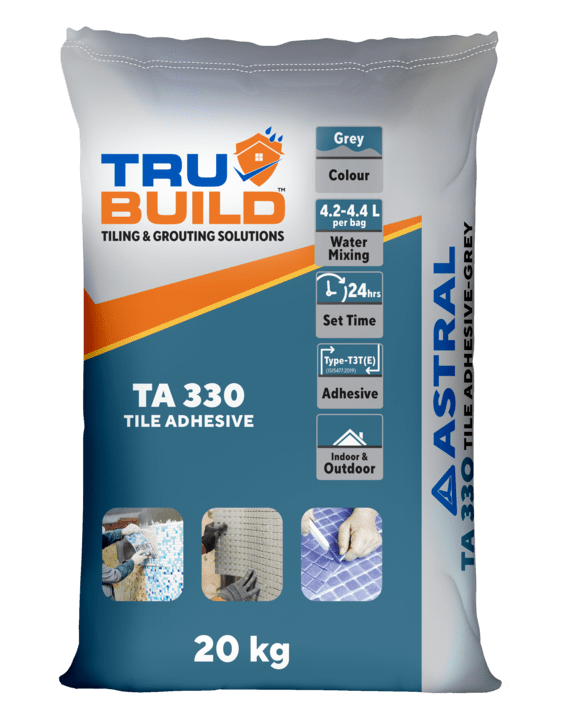
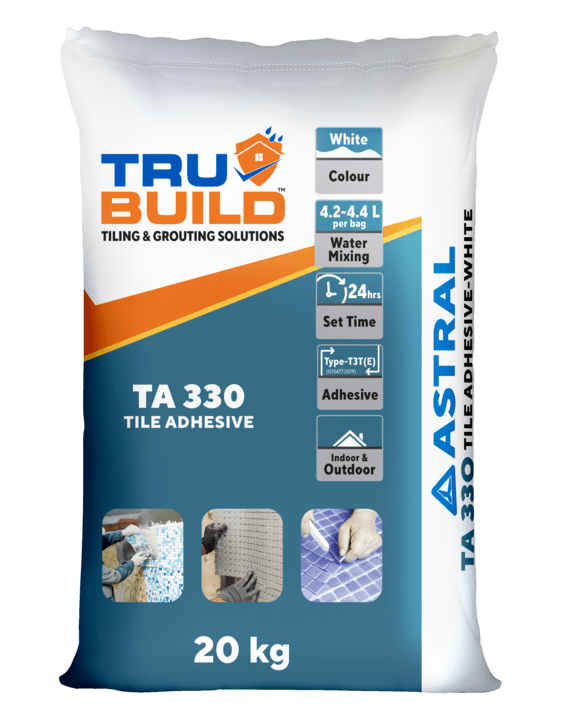
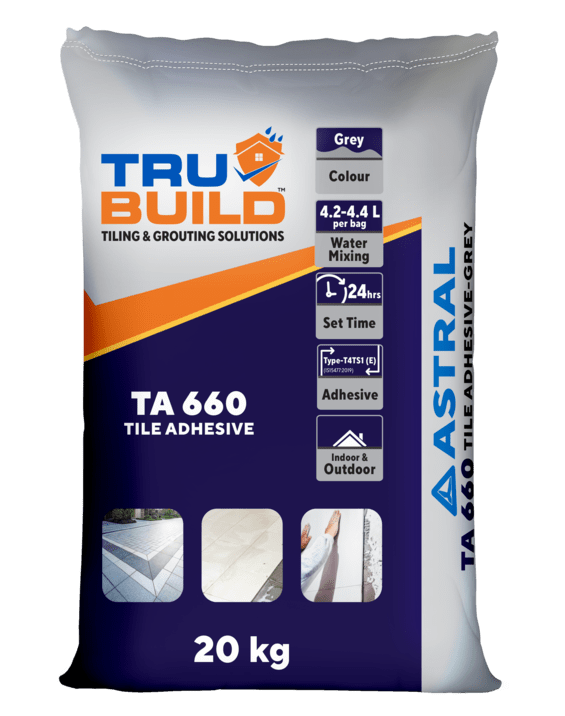
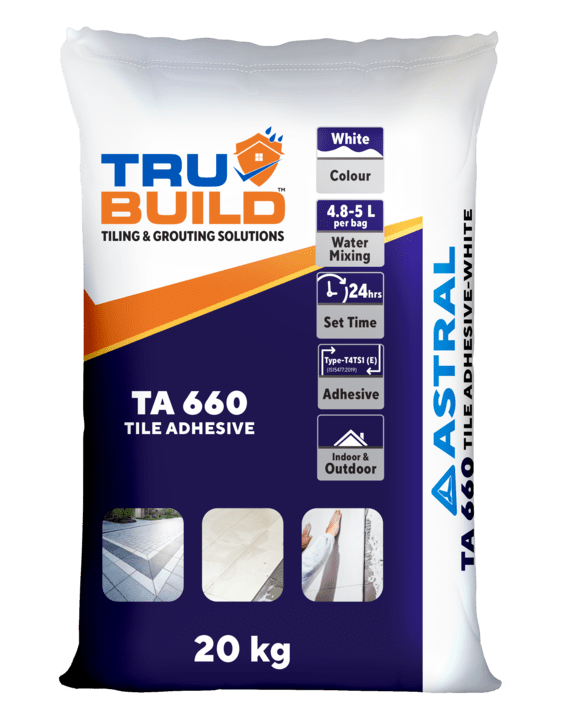
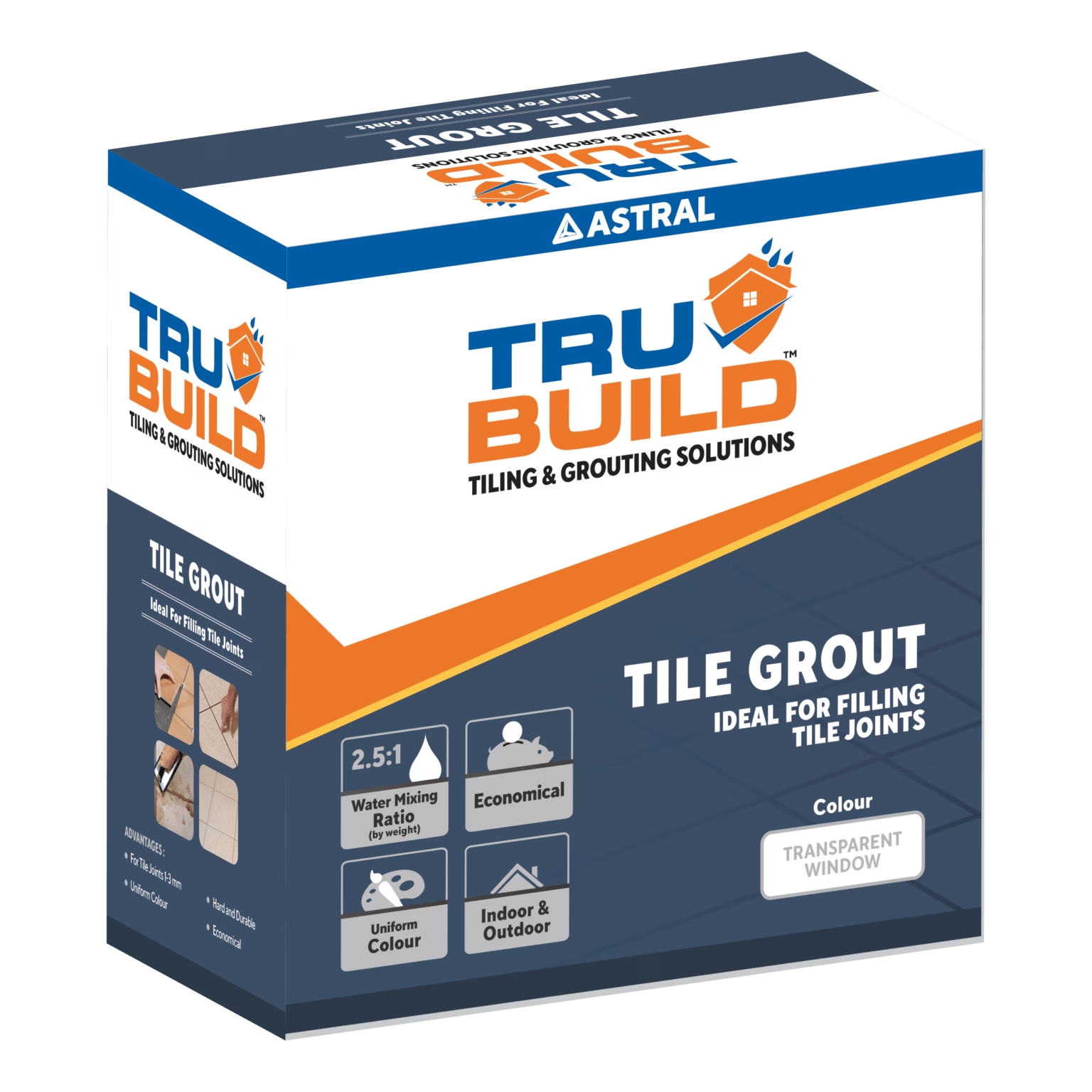
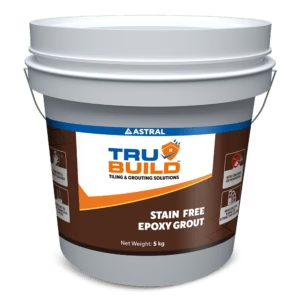
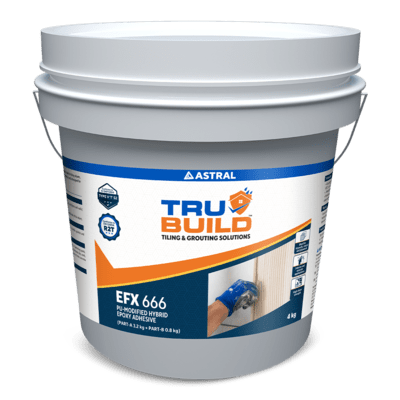
 Water Tanks and Other Areas
Water Tanks and Other Areas 